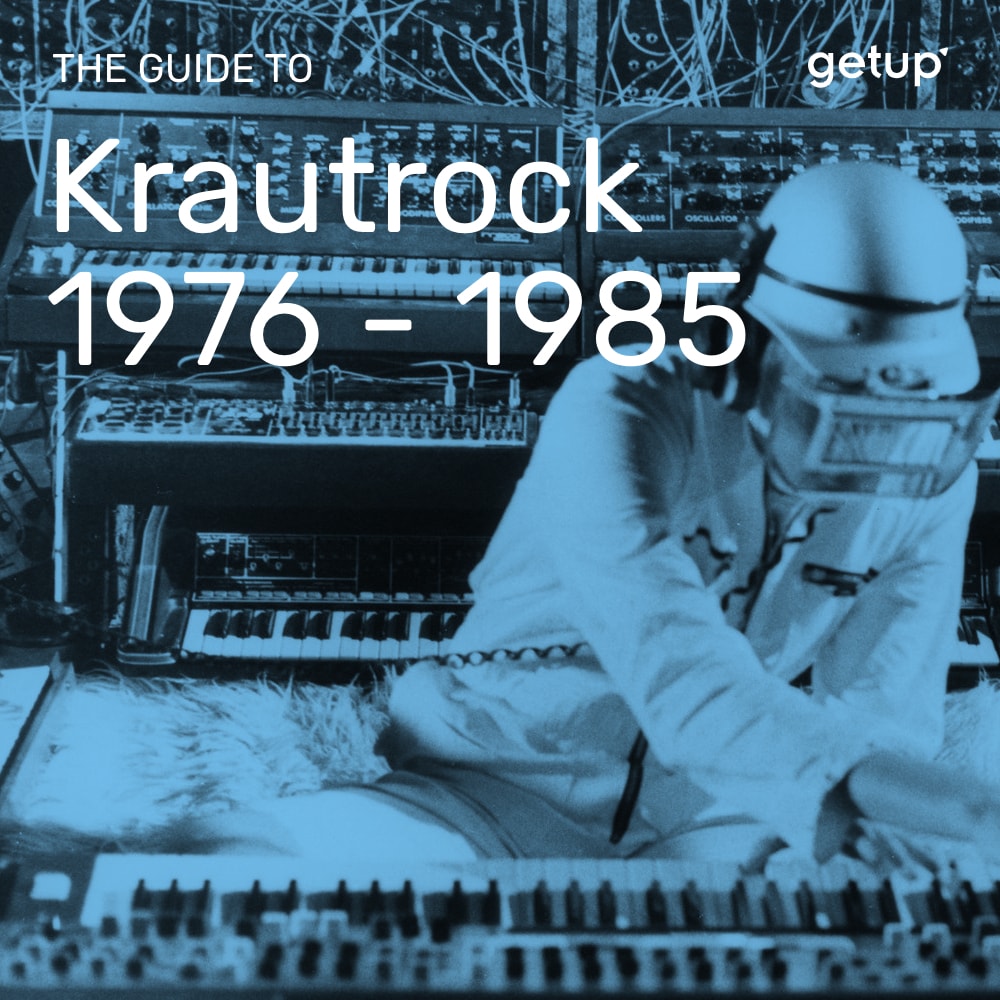Fundamental to the explosion of electro music? Yes! But above all, rock and pop would never have been the same were it not for Kraftwerk. A machine-like face behind which shine four souls with hearts beating out love into the world. This is the most important thing to explain to any friends who might need convincing – behind their synthetic exterior the group created deeply human music. "Human After All” according to one of their brightest heirs, Daft Punk, could’ve been their slogan.
However, the strict outfits which have become synonymous with these four musicians were not where it all began. In Germany, at the beginning of the 1960s, young musicians were responding to American psychedelic rock with their own trippy, cosmic version: krautrock. Florian Schneider and Ralf Hütter met at the conservatoire and formed Kraftwerk in 1970. Long-haired and bespectacled, the pair released three albums - all sadly missing from streaming platforms (*) - mostly made up of instrumental tracks consisting of repetitive rock that explored the limits of what you could do with a keyboard and drum machines. In 1974 two new members joined and Kraftwerk became fully electronic.
“The Robots”, “Autobahn”, “Trans Europe Express”, “The Model” and “Radioactivity” are all reactions to how the world was changing in the 70s and 80s, with every track punctuated by the mechanical cadences of the factories in their industrial Ruhr region. Kraftwerk anticipated that the Western world would move into an era of communication technologies and consumption, and would face all the associated problems such as the replacement of humans with machines, and pollution. By starting a rock group without rock instruments and singing through a vocoder, Kraftwerk opened the floodgates for a wave of synthetic pop in the 1980s including Depeche Mode, Soft Cell, and Orchestral Manœuvres in the Dark. Their metallic sound also resonated in the automobile hub Detroit, where techno music was born as the minimalist, underground child of cold, European pop.
Kraftwerk have successfully reinvented themselves over the years, staying true to their era whilst never becoming has beens. After a quiet decade during the 90s and the departure of two of their members, the group staged an extraordinary comeback in the 2000s, creating more and more impressive shows and fully exploiting the use of computers and 3D video. Having seen them play live twice during this period it struck me how relevant their futuristic sound still was. Also, despite the orgy of technology on stage, an immense humanity still emanated from these immobile technicians who were – somewhat paradoxically perhaps – far more sensual and sexy than other rock groups who are starting to resemble wax statues of themselves. Florian Schneider quit the band in 2009 and in May 2020 succumbed to a short but aggressive illness.
Fifty years after their debut, surrounded by new musicians, Ralf Hütter continues to tour, though he doesn't produce any more music. Not that Kraftwerk needs it though – their work sounds as fresh as ever and still seems to be able to predict the future.
(*) You may listen to unofficial reissues of the first two albums in our Get Deeper section hereunder.
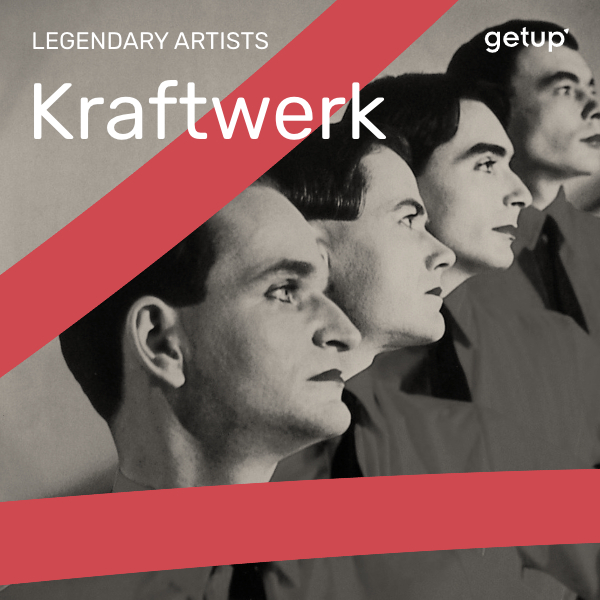
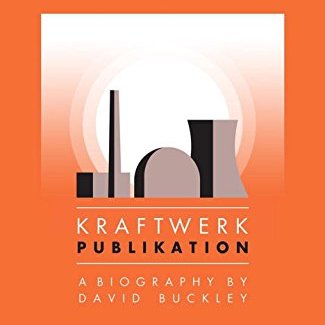

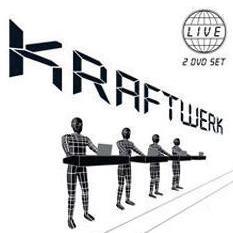
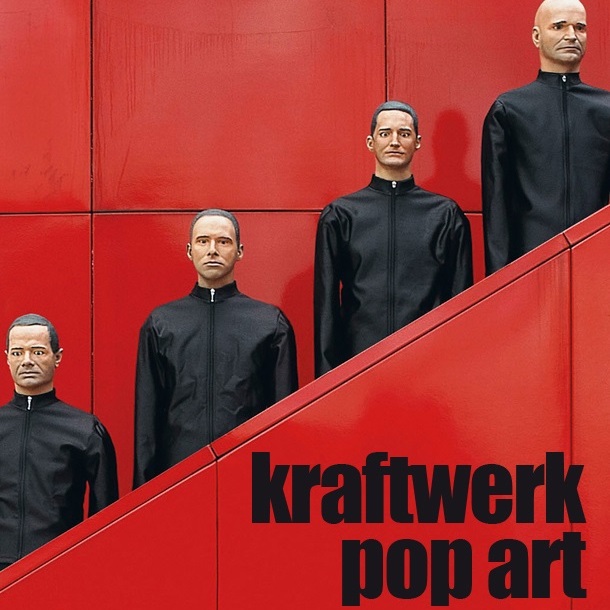
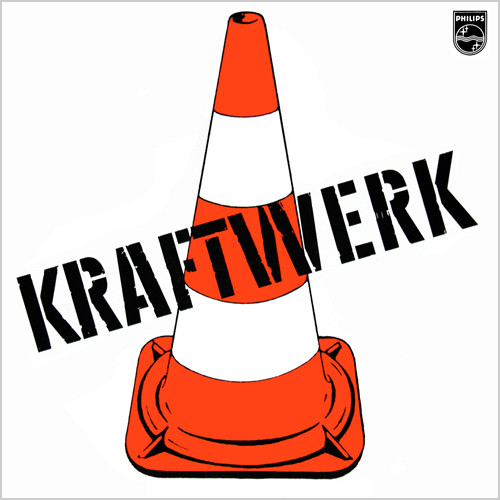
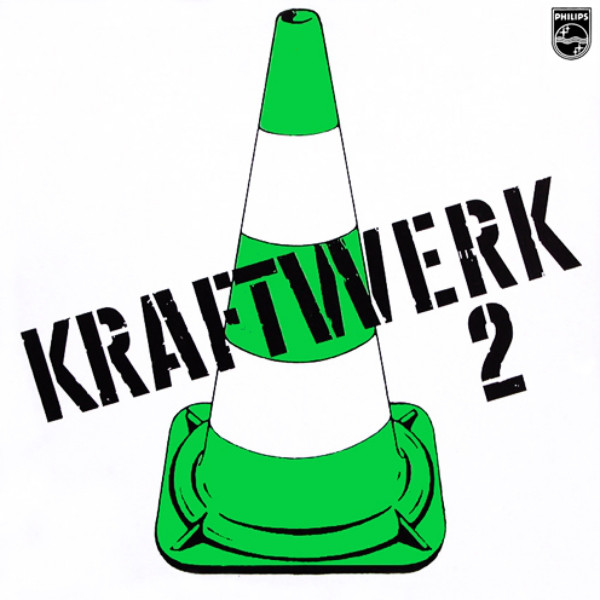

.jpg)
.jpg)
